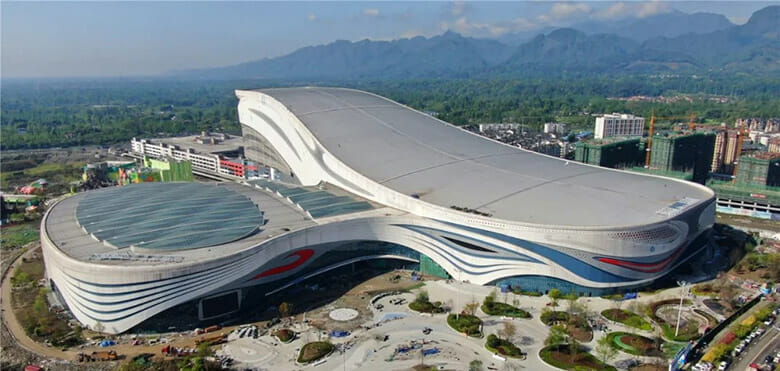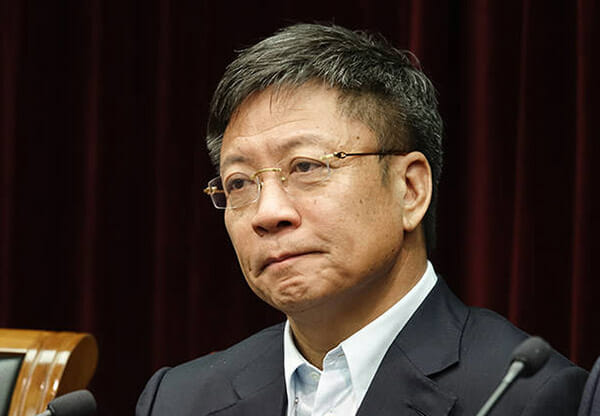
Mega-projects like Chengdu Sunac Cultural Tourism City Water and Snow World in Chengdu might have been ill-advised
Sunac China Holdings has become the latest mainland developer to raise the spectre of default, announcing Friday that it was unlikely to redeem two onshore bonds with a combined balance of RMB 6 billion ($940 million) when they come due in early April.
The Tianjin-based builder’s fast-approaching obligations include a RMB 4 billion bond at 4.78 percent interest due on 1 April and a RMB 2 billion bond at 7 percent interest due on 2 April — part of an estimated RMB 17 billion in onshore and offshore capital-market debt maturing in 2022, according to Fitch Ratings.
The company is facing “periodic liquidity difficulties in the near future” and expects that it will not be able to raise sufficient funds to repay the two bonds by their due dates, Sunac’s onshore holding firm said in a filing with the Shanghai Stock Exchange on Friday.
Sunac is actively formulating relevant plans and will provide unlimited joint liability guarantees from chairman Sun Hongbin as a credit enhancement measure, it said.
Growing Club
With its latest disclosure, Sunac looks set to join the club of defaulting peers that includes the world’s most indebted developer, China Evergrande, as well as Kaisa Group Holdings, Sinic Holdings, China Aoyuan and numerous others.

Sunac chairman Sun Hongbin
Sunac sounded the alarm on Monday of this week when it issued a profit warning and said it was unlikely to publish its 2021 financial results by the 31 March deadline. The group cautioned that profit attributable to shareholders was expected to have plunged 85 percent from 2020, with core net profit down by 50 percent.
On Wednesday, Reuters reported that Sunac was planning to seek a payment extension for the onshore bond due on 1 April. By Thursday, credit rating agencies Fitch and Moody’s had announced downgrades of the company, while S&P Global Ratings withdrew its long-term issuer credit score at the developer’s request.
“We believe Sunac is unable to access the onshore and offshore capital markets, but is depending on internal cash resources, contracted sales proceeds and large asset disposals to address its 2022 debt maturities,” Fitch said. “Negative news flow, including missing interest payments on NBFI loans and principal payments on commercial bills, has diminished investor confidence.”
Asset Disposals Fall Short
Sunac, which slid from fourth to fifth among China’s biggest-selling developers last year after its contracted sales fell by nearly RMB 27 billion, has taken a vigorous approach to solving its cash crunch, including a series of stock and asset sales.
Last November, the developer raised $953 million through the sale of new shares and also found a buyer for a stake in its property management unit, with the top-up placement alone raising about $653 million, Bloomberg reported.
In December, Sunac revealed that it had dumped a further $530 million worth of stock in troubled housing broker Beike, bringing its total sell-off to $1.084 billion since June.
Sunac announced in January that its property management unit was scrapping a planned $360 million acquisition of Modern Land’s services affiliate after the rival developer defaulted on a $250 million offshore bond.
Leave a Reply